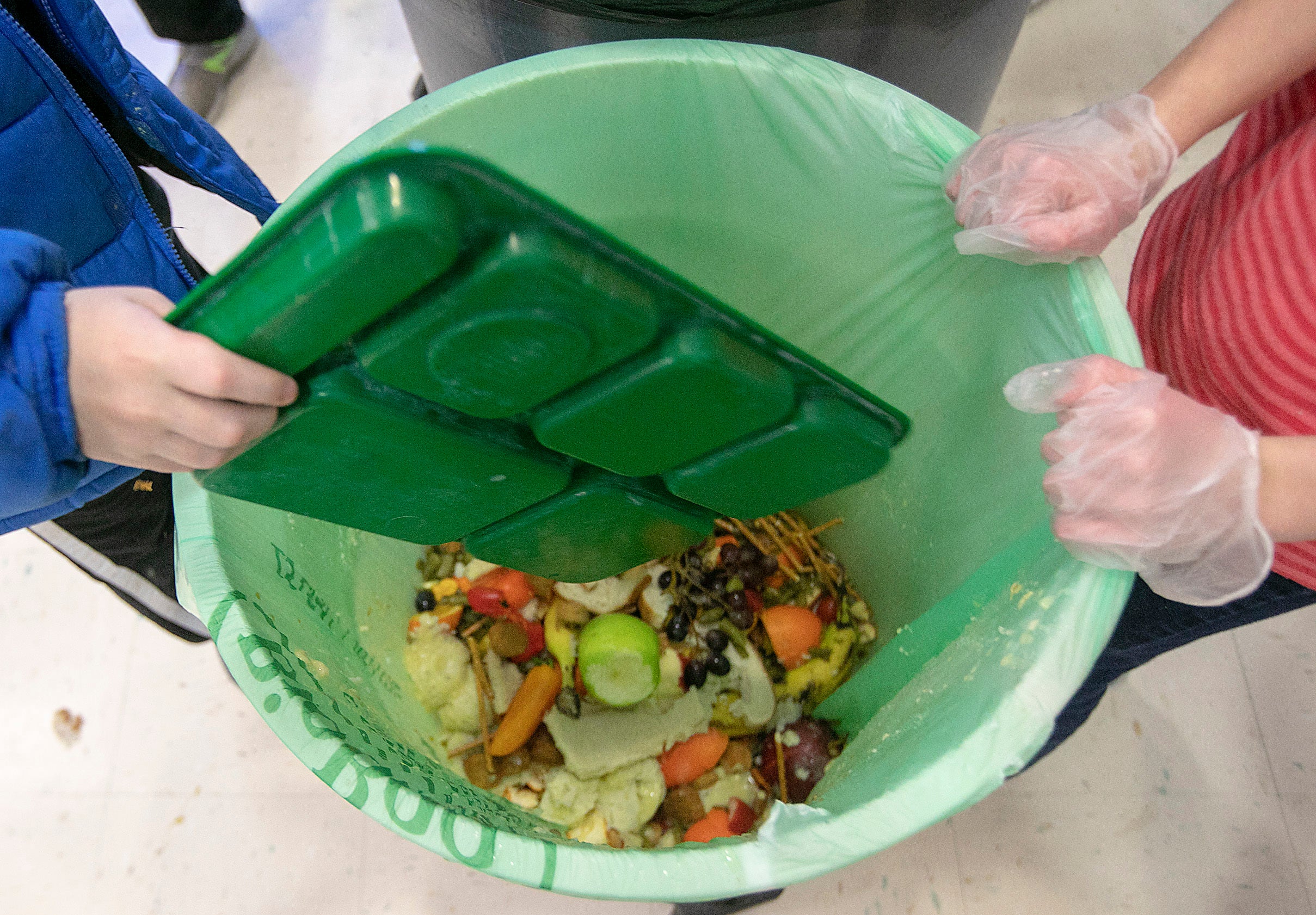17% of food production globally wasted, UN report estimates
A new report from the United Nations estimates that 17% of food produced globally is wasted each year

Your support helps us to tell the story
From reproductive rights to climate change to Big Tech, The Independent is on the ground when the story is developing. Whether it's investigating the financials of Elon Musk's pro-Trump PAC or producing our latest documentary, 'The A Word', which shines a light on the American women fighting for reproductive rights, we know how important it is to parse out the facts from the messaging.
At such a critical moment in US history, we need reporters on the ground. Your donation allows us to keep sending journalists to speak to both sides of the story.
The Independent is trusted by Americans across the entire political spectrum. And unlike many other quality news outlets, we choose not to lock Americans out of our reporting and analysis with paywalls. We believe quality journalism should be available to everyone, paid for by those who can afford it.
Your support makes all the difference.Instead of finishing your leftovers, you let them go bad and buy takeout.
It’s a familiar routine for many — and indicative of habits that contribute to a global food waste problem that a new United Nations report says needs to be better measured so that it can be effectively addressed.
The U.N. report estimates 17% of the food produced globally each year is wasted. That amounts to 931 million metric tons (1.03 billion tons) of food.
The waste is far more than previous reports had indicated, though direct comparisons are difficult because of differing methodologies and the lack of strong data from many countries.
“Improved measurement can lead to improved management,” said Brian Roe, a food waste researcher at Ohio State University who was not involved in the report.
Most of the waste — or 61% — happens in households, while food service accounts for 26% and retailers account for 13%, the U.N. found. The U.N. is pushing to reduce food waste globally, and researchers are also working on an assessment of waste that includes the food lost before reaching consumers.
The authors note the report seeks to offer a clearer snapshot of the scale of a problem that has been difficult to assess, in hopes of spurring governments to invest in better tracking.
“Many countries haven’t yet quantified their food waste, so they don’t understand the scale of the problem,” said Clementine O’Connor, of the U.N. Environment Program and co-author of the report.
Food waste has become a growing concern because of the environmental toll of production, including the land required to raise crops and animals and the greenhouse gas emissions produced along the way. Experts say improved waste tracking is key to finding ways to ease the problem, such as programs to divert inedible scraps to use as animal feed or fertilizer.
The report found food waste in homes isn’t limited to higher income countries such as the United States and the United Kingdom.
Roe of Ohio State noted that food sometimes is wasted in poor countries without reliable home refrigeration. In richer countries, people might eat out more, meaning food waste is simply shifted from the home to restaurants.
Roe said cultural norms and policies also could contribute to waste at home — such as massive packaging, “buy one, get one free” deals, or lack of composting programs.
That's why broader system changes are key to helping reduce waste in households, said Chris Barrett, an agricultural economist at Cornell University.
For example, Barrett said, people might throw away food because of a date on the product — even though such dates don’t always say when a food is unsafe to eat. “Food waste is a consequence of sensible decisions by people acting on the best information available,” he said.
To clarify the meaning of labeling dates, U.S. regulators have urged food makers to be more consistent in using them. They note that labels like “Sell By”, “Best By” and “”Enjoy By" could cause people to throw out food prematurely, even though some labels are intended only to indicate when quality might decline.
The U.S. Department of Agriculture estimates that a family of four wastes about $1,500 in food each year. But accurately measuring food waste is difficult for a variety of reasons including data availability, said USDA food researcher Jean Buzby, adding that improved measurements are part of a government plan to reduce waste.
Richard Swannell, a co-author of the U.N. report, said food was generally more valued even in richer countries just a few generations ago, since people often couldn’t afford to waste it. Now, he said, awareness about the scale of food waste globally could help shift attitudes back to that era.
“Food is too important to waste," he said.
___
The Associated Press Health and Science Department receives support from the Howard Hughes Medical Institute’s Department of Science Education. The AP is solely responsible for all content.